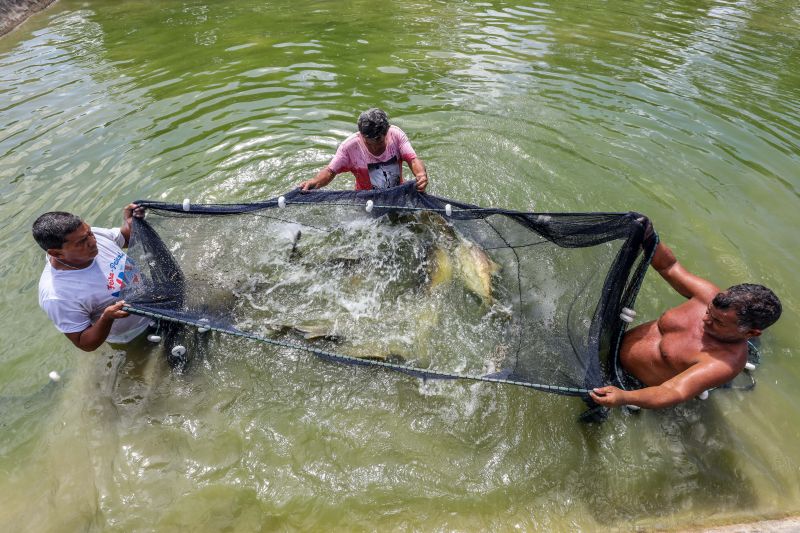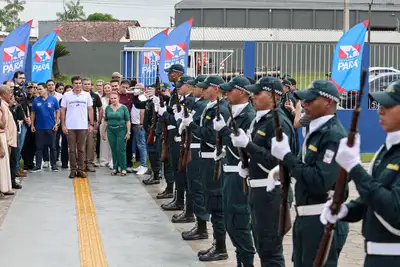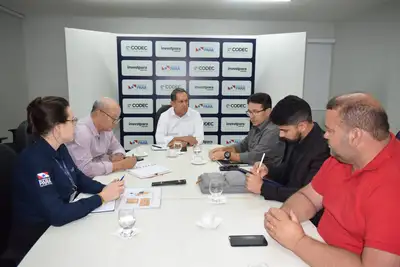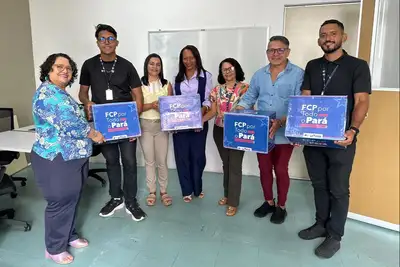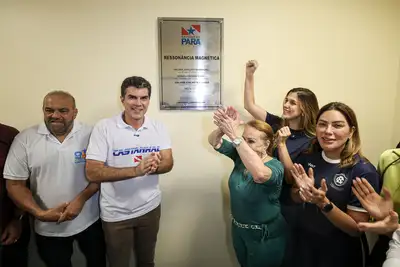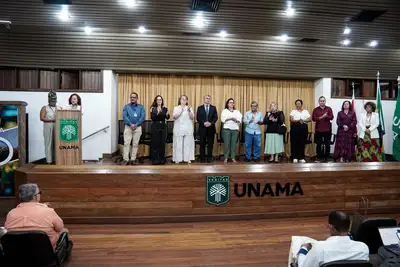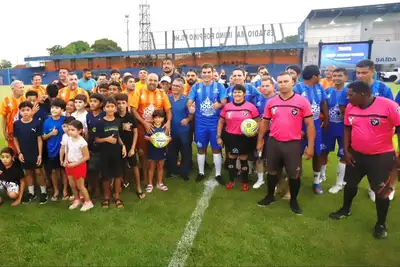Fapespa announces final result of the Young Scientist Program for Artisanal Fishing
The program allows young people from traditional fishing communities to conduct research on themes related to fishing activities and their territories
The Amazon Foundation for Support of Studies and Research (Fapespa) announced this Tuesday (10), the final result of Call No. 001/2025 - Young Scientist Program for Artisanal Fishing. Launched in January of this year, the program allows young people from traditional fishing communities to conduct research on themes related to fishing activities and their territories.
Carried out in partnership with the National Secretariat for Artisanal Fishing (SNPA) of the Ministry of Fishing and Aquaculture (MPA), the initiative aims to train students, develop skills such as critical thinking, creativity, problem-solving, and scientific communication, promoting sustainability and advancement in artisanal fishing, as well as valuing the knowledge of artisanal fishing communities and combating school dropout among young people in artisanal fishing.
The Selection and Evaluation Coordinator of the Scientific Directorate of Fapespa, Vanessa Marques, highlights the importance of the announcement. “This announcement was designed with the purpose of encouraging research and innovation aimed at strengthening artisanal fishing in the State of Pará, valuing local knowledge and the active participation of researchers, students, and fishing communities. After a rigorous process of technical and merit analysis, the approved proposals reflect the commitment to sustainable development and respect for our riverside culture. We congratulate all participants and especially the selected proposers in this important initiative,” says the coordinator.
At the national level, the program has already benefited young people in various regions of Brazil, valuing the material and immaterial cultural preservation of fishing communities. The initiative connects scholarship holders to research projects submitted by teachers from the basic education network of the State or by teachers from Higher Education Institutions (IES). The funding resources will now be allocated for the execution of the approved projects. It is important to highlight that all submitted proposals were evaluated according to the criteria previously established in the announcement.
More information about the program is available on the Fapespa website. The final result can be checked at this link.
Text by intern Alice Mendonça, supervised by journalist Manuela Oliveira.


